Back to Courses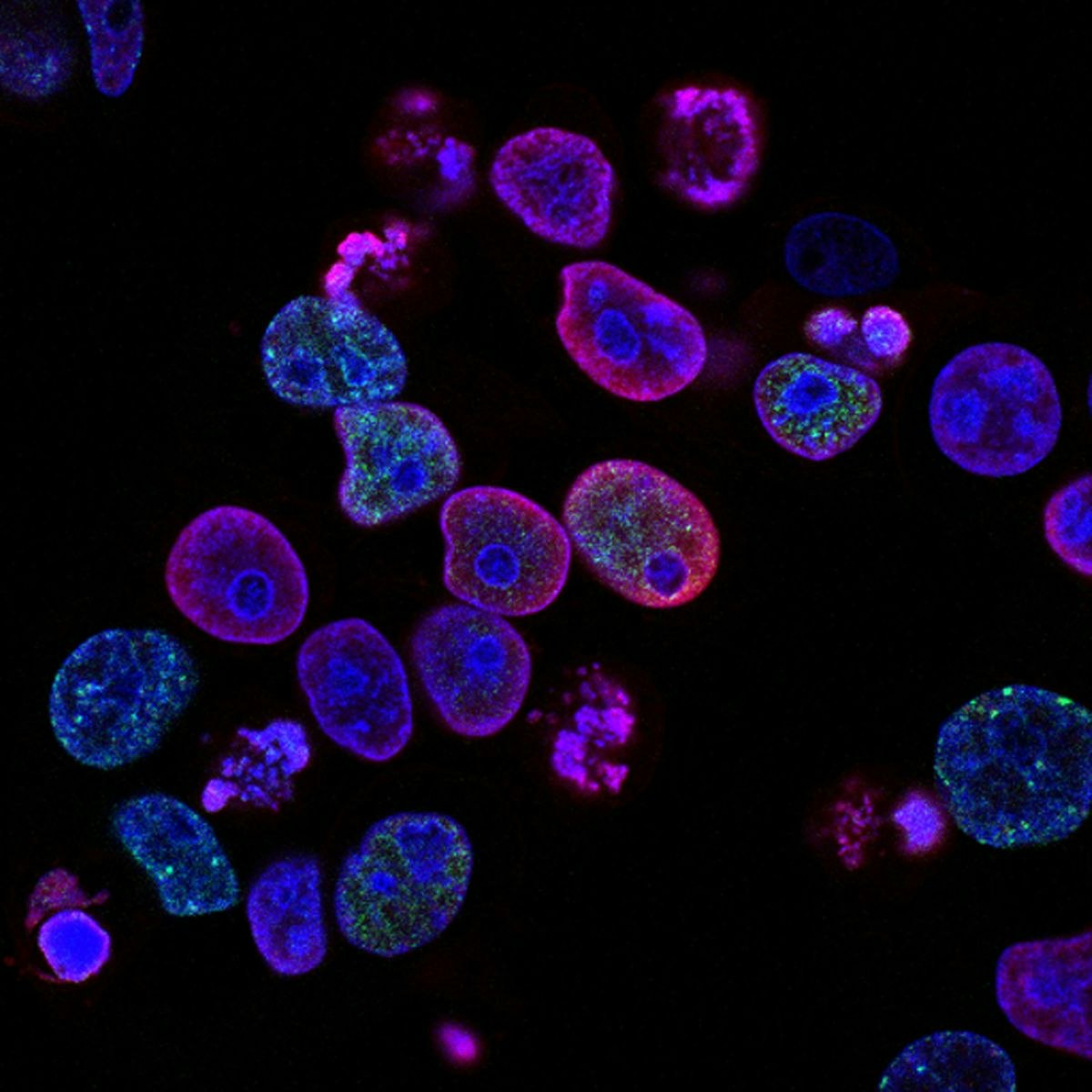
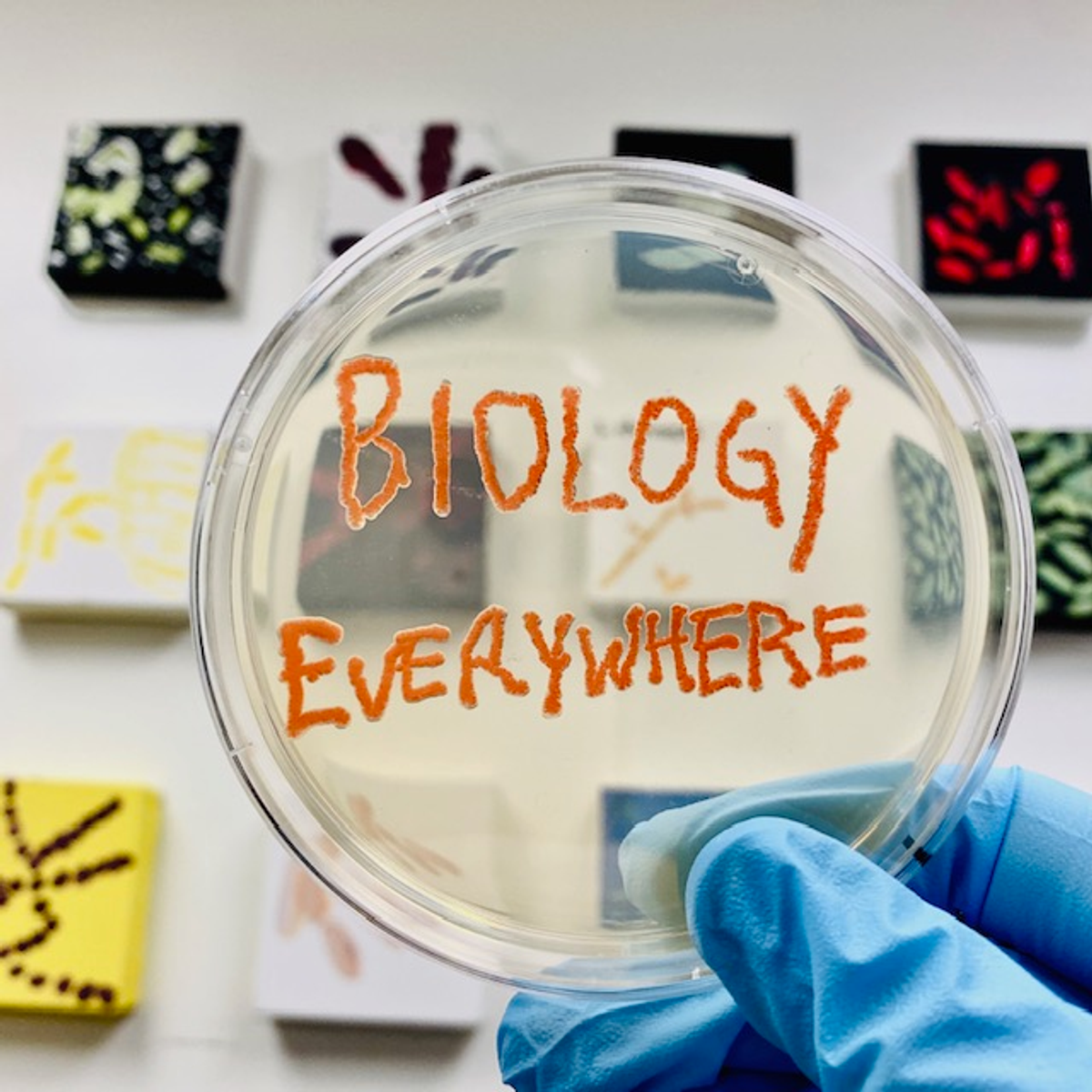
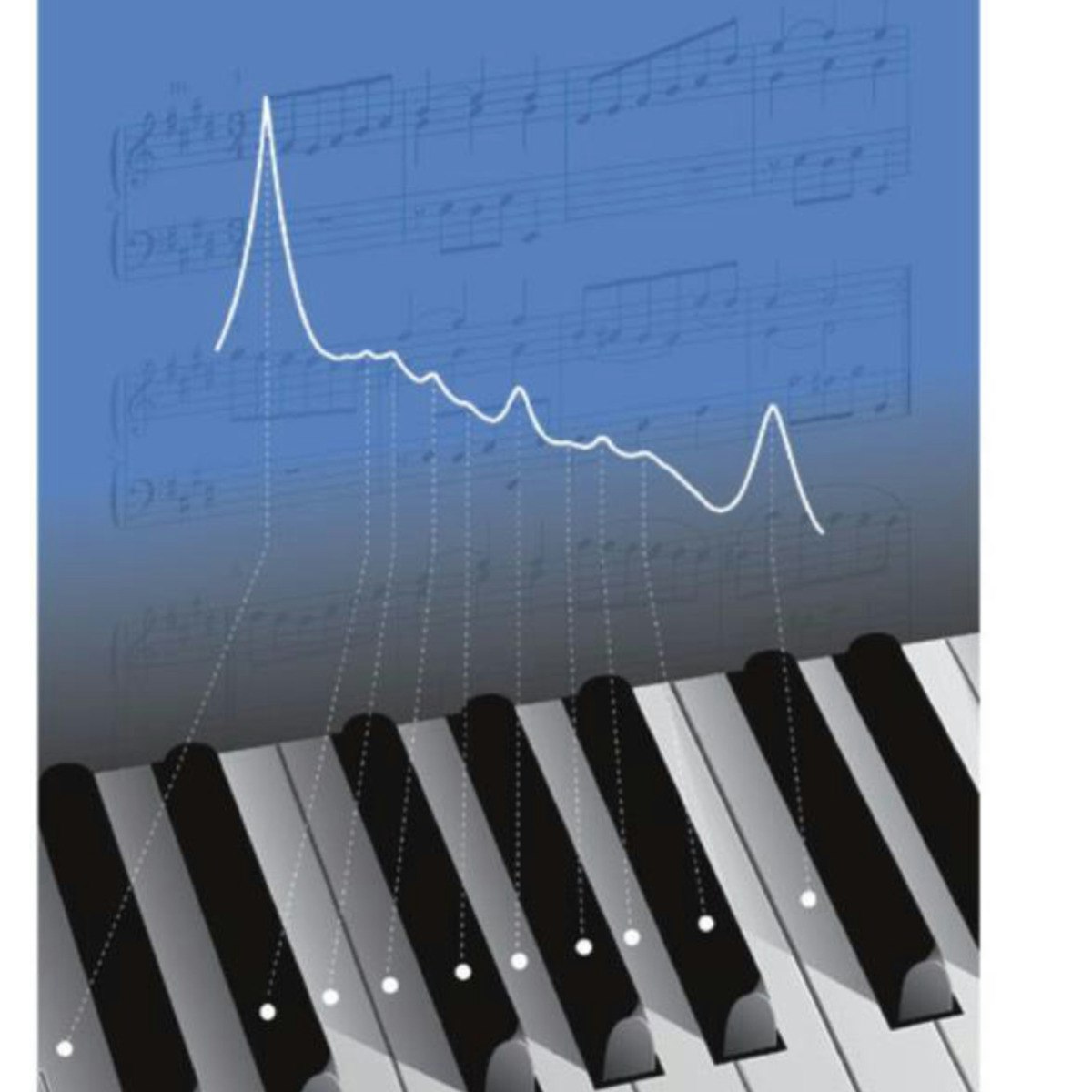
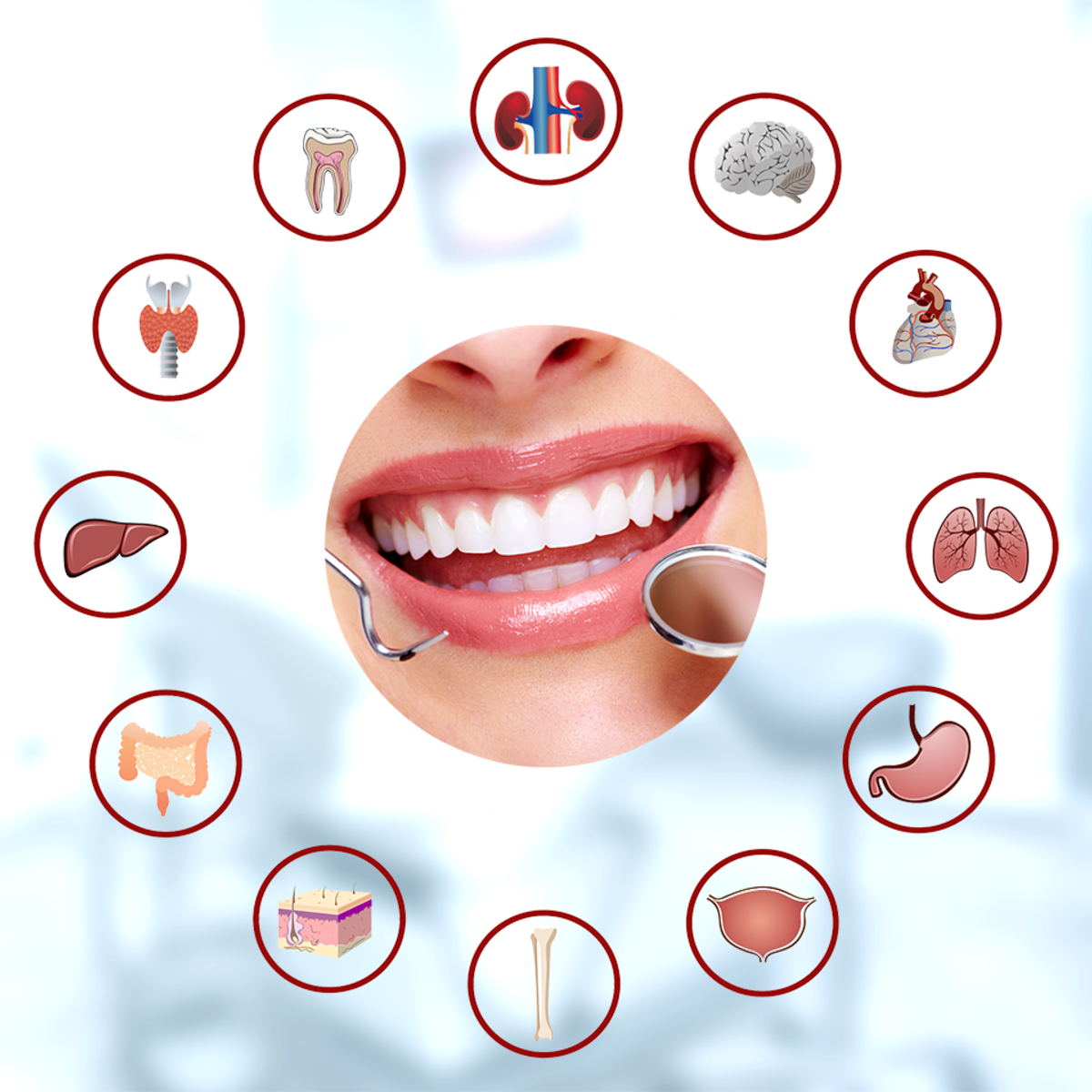

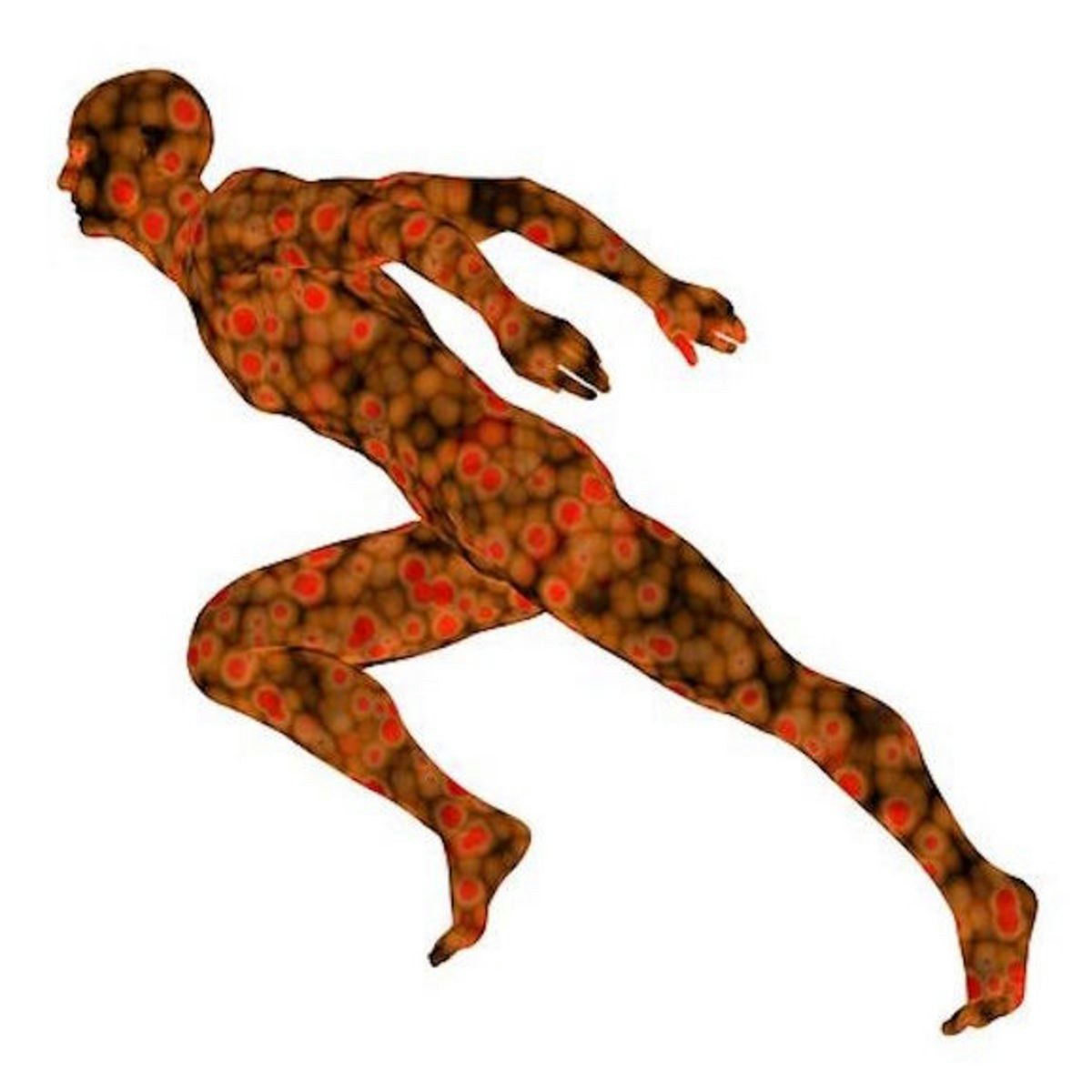
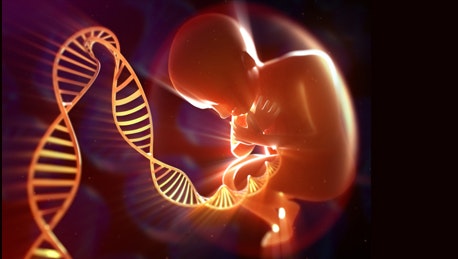
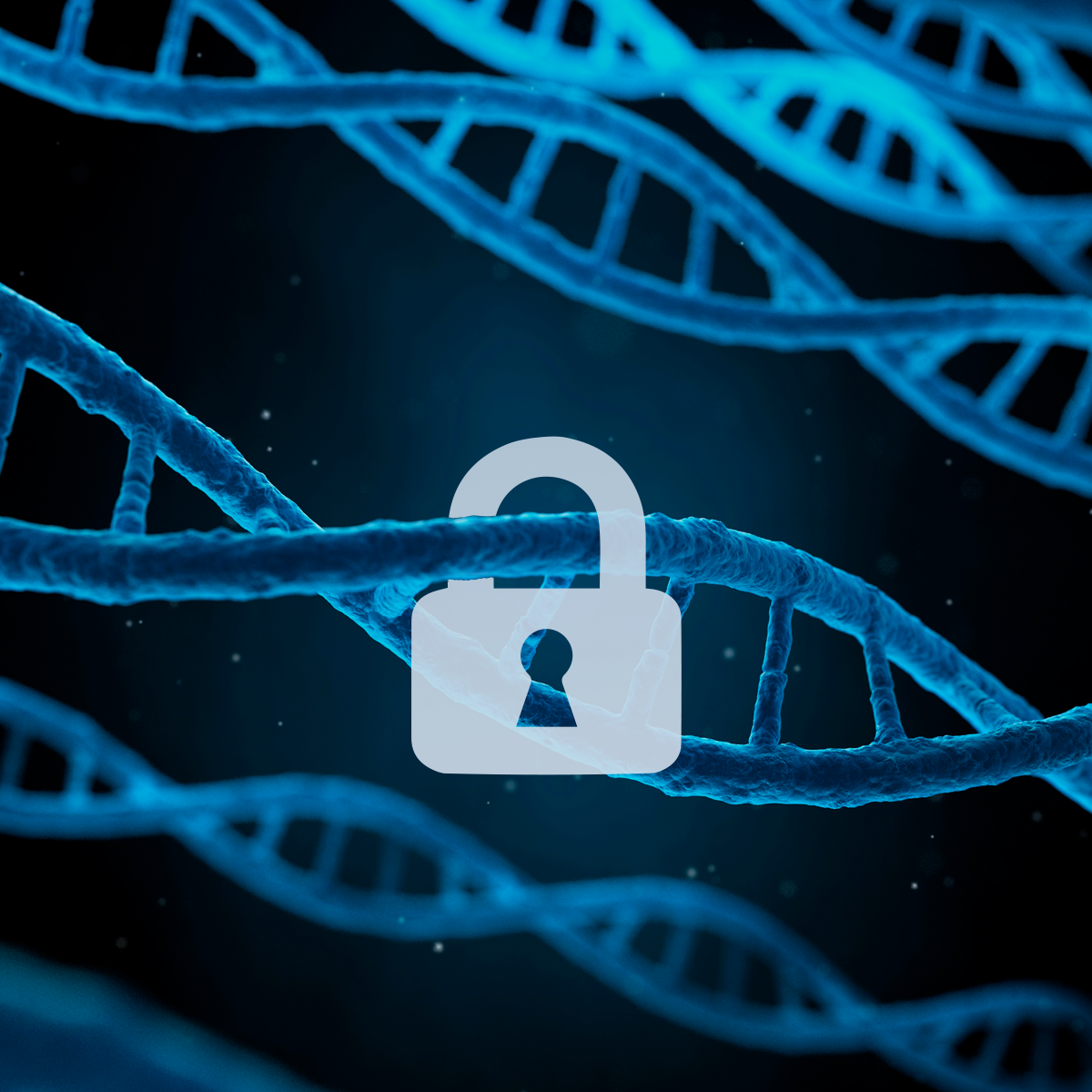

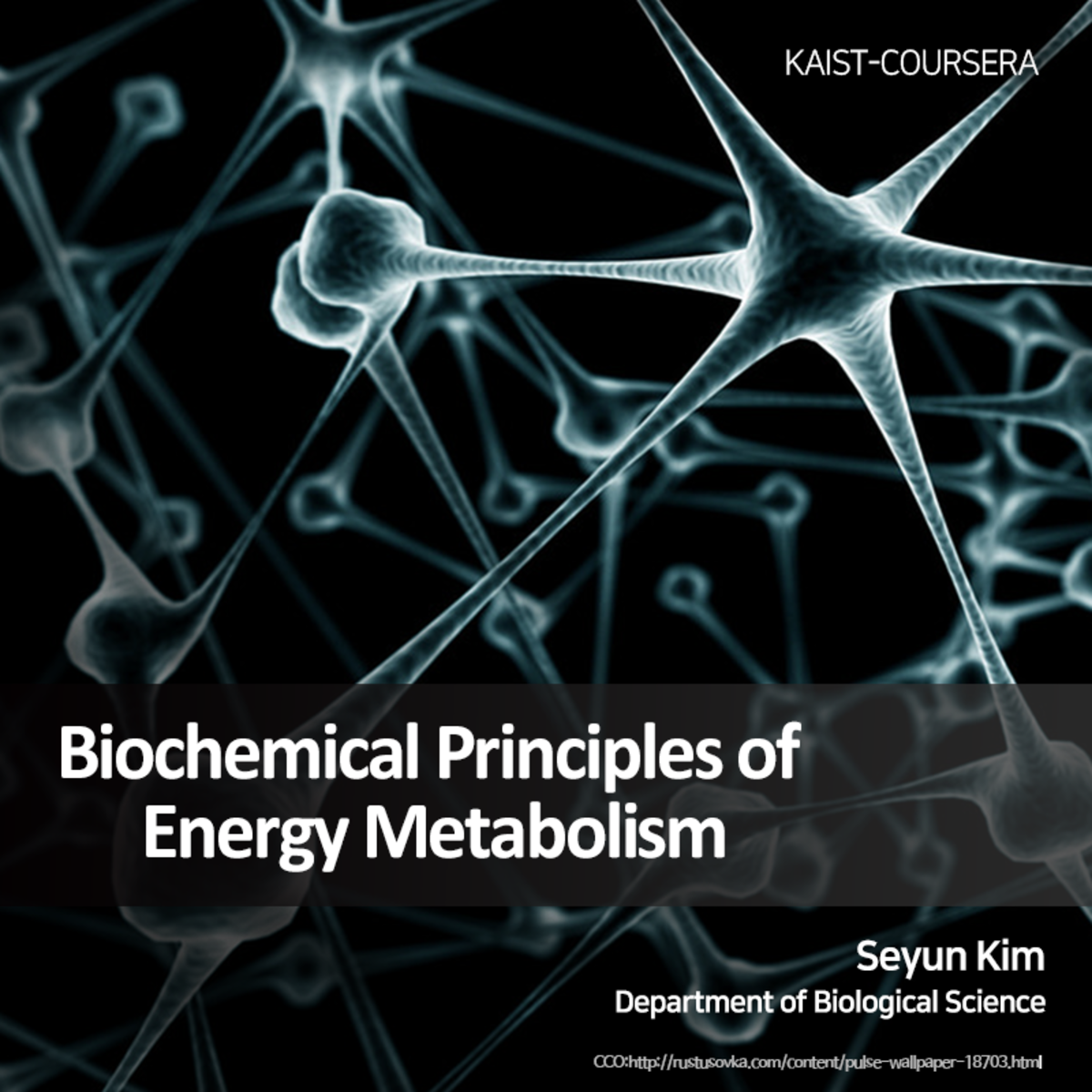
Basic Science Courses - Page 5
Showing results 41-50 of 128

The Little Stuff: Energy, Cells, and Genetics
In this course, we will explore the smaller side of biology: molecular biology. We’ll cover basic topics including cell biology and how cells can go “rogue” and turn into cancer, how energy from the sun is transferred to fuel our bodies, basics of genetics and inheritance, and genetic technologies. At the end of this course, we will discuss ethical and moral implications of several exciting and new genetic technologies.

Biology Everywhere Foundations
In this course, we will explore the nature of science and biology. We will discuss what the “biology everywhere” philosophy means and the history of the “biology everywhere” project. We will also discuss what science (and biology) are as a discipline of inquiry and how chemistry is foundational to understanding biology.

Music as Biology: What We Like to Hear and Why
The course will explore the tone combinations that humans consider consonant or dissonant, the scales we use, and the emotions music elicits, all of which provide a rich set of data for exploring music and auditory aesthetics in a biological framework. Analyses of speech and musical databases are consistent with the idea that the chromatic scale (the set of tones used by humans to create music), consonance and dissonance, worldwide preferences for a few dozen scales from the billions that are possible, and the emotions elicited by music in different cultures all stem from the relative similarity of musical tonalities and the characteristics of voiced (tonal) speech. Like the phenomenology of visual perception, these aspects of auditory perception appear to have arisen from the need to contend with sensory stimuli that are inherently unable to specify their physical sources, leading to the evolution of a common strategy to deal with this fundamental challenge.

The Oral Cavity: Portal to Health and Disease
This course will focus on the interprofessional realtionship of dentistry and medicine. For each session, the medical specialist will present a broad overview of specific disease entity which will be followed by a dental educator discussing the relevant oral manifestations and implications. The final module of each session will be devoted to the interaction between the dental and other health care professionals.

Anatomy of the Upper and Lower Extremities
This course has two main parts, one for the lower extremity and the other for the upper extremity. We will show how the various systems that supply and organize the limb control its function. There are a set of introductory lectures which will allow more experienced students to refresh their knowledge of the limbs and a guide to those with less experience. These lectures will be followed by detailed dissections of the extremities emphasizing locomotion for the lower extremities and hand positioning and function for the upper extremities.
This course is part 2/4 in the Yale Human Anatomy Specialization.

Science of Exercise
Learners who complete Science of Exercise will have an improved physiological understanding of how your body responds to exercise, and will be able to identify behaviors, choices, and environments that impact your health and training. You will explore a number of significant adjustments required by your body in order to properly respond to the physical stress of exercise, including changes in carbohydrate, fat and protein metabolism, nutritional considerations, causes of muscle soreness & fatigue, and the effectiveness and dangers of performance enhancing drugs. Active learning assessments will challenge you to apply this new knowledge via nutrition logs, heart rate monitoring, calculations of your total daily caloric expenditure and body mass index (BMI). Finally, learners will examine the scientific evidence for the health benefits of exercise including the prevention and treatment of heart disease, diabetes, cancer, obesity (weight loss), depression, and dementia.

Genes and the Human Condition (From Behavior to Biotechnology)
To acquire an understanding of the fundamental concepts of genomics and biotechnology, and their implications for human biology, evolution, medicine, social policy and individual life path choices in the 21st century.

Mind of the Universe - Genetic Privacy: should we be concerned?
Should all our genetic information be made public in order to eradicate genetic diseases from this world?
Who owns your genetic data once it becomes publicly accessible? What is your responsibility to family members when you know more about genetic diseases than they do? Who decides what kind of genetic information is relevant to a person? And what does genetic privacy mean to you?
In this challenge with Robert Zwijnenberg (Professor in Art and Science Interactions) you will critically reflect upon the issue of genetic privacy. You will dive into the ethical questions that come up with the disclosure of genetic data in biobanks and through genetic tests. This course encourages you to think about the cultural, philosophical and political tensions present in the debate around genetic privacy. You are invited to identify and listen to the viewpoints and values provided by the different stakeholders that shape this debate: corporations, researchers, consumers and patients. Furthermore, you will go off the beaten track by exploring the issue from the unique perspective of art and culture. After a lot of thinking, supplementing, deleting and adjusting, you will be asked to share a recommendation on how to regulate practices of disclosing genetic information, while taking into consideration the concept of genetic privacy. Your advice could serve as an eye-opener for policy makers!
This online learning experience is a spin-off of The Mind of the Universe documentary series created by the Dutch broadcasting company VPRO and professor Robbert Dijkgraaf, Princeton University. A number of universities in the Netherlands have used the open source material of the documentary series as a starting point to create similar experiences.

Circadian clocks: how rhythms structure life
This course is geared towards starting undergraduate students. A solid background in biology will be helpful but not absolutely essential. The material will be of interest to those who are pursuing a career in any of the life sciences as well as anyone who has run up against their biological clock.

Biochemical Principles of Energy Metabolism
Everyone knows that energy is essential for sustaining life. How can you define energy in life? Have ever thought about ways of how carbohydrates like glucose from your diet can be used for extracting energy? A scientific field that focuses on energy production and flow though living cells and organisms is called bioenergetics. Energy metabolism covers various biochemical ways of energy transformation and regulatory mechanisms of over thousands chemical reactions. Without fine control of those metabolic processes, cells and organisms cannot maintain activities linked to life.
This 7 week-course will give you a clear introduction to the basic fundamentals of energy metabolism. We will first establish the concept of energy metabolism and subsequently examine biochemical steps involved in energy production from glucose oxdiation as well as glucose synthesis via photosynthesis. We will also learn about metabolic reactions related to fat as well as regulatory actions among different organs. Finally, dysregulated energy metabolism in pathological conditions such as diabetes and cancer will be discussed.
Everyone knows that energy is essential for sustaining life. How can you define energy in life? Have ever thought about ways of how carbohydrates like glucose from your diet can be used for extracting energy? A scientific field that focuses on energy production and flow though living cells and organisms is called bioenergetics. Energy metabolism covers various biochemical ways of energy transformation and regulation of thousands of chemical reactions. Without fine regulation of those metabolic processes, cells and organisms cannot maintain activities linked to life.
This 7 week-course will give you a clear introduction to the basic fundamentals of energy metabolism. We will first establish the concept of energy metabolism and subsequently examine biochemical processes involved in energy production as well as photosynthesis. We will also learn about metabolic reactions related to fa as well as regulatory actions among different organs. Finally, dysregulated energy metabolism in pathological conditions such as diabetes and cancer will be discussed.
Popular Internships and Jobs by Categories
Find Jobs & Internships
Browse
© 2024 BoostGrad | All rights reserved